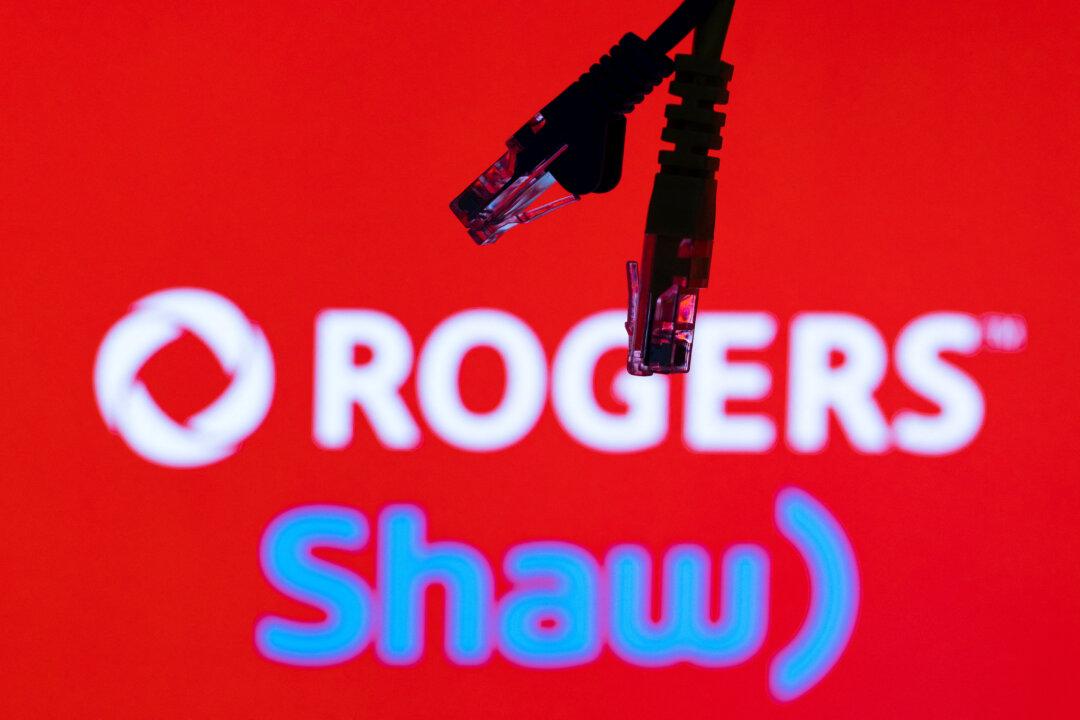After the approval of Rogers acquiring rival Shaw, the federal government promised it will bring in legislation to reduce internet fees if telecom companies do not lower prices, but Opposition MPs are skeptical consumers would benefit from the merger.
Industry Minister François-Philippe Champagne approved the sale of Calgary’s Shaw Communications to Toronto-based Rogers on March 31, even after objections from the Commons heritage committee, industry committee, and the Competition Bureau, according to Blacklock’s Reporter.





